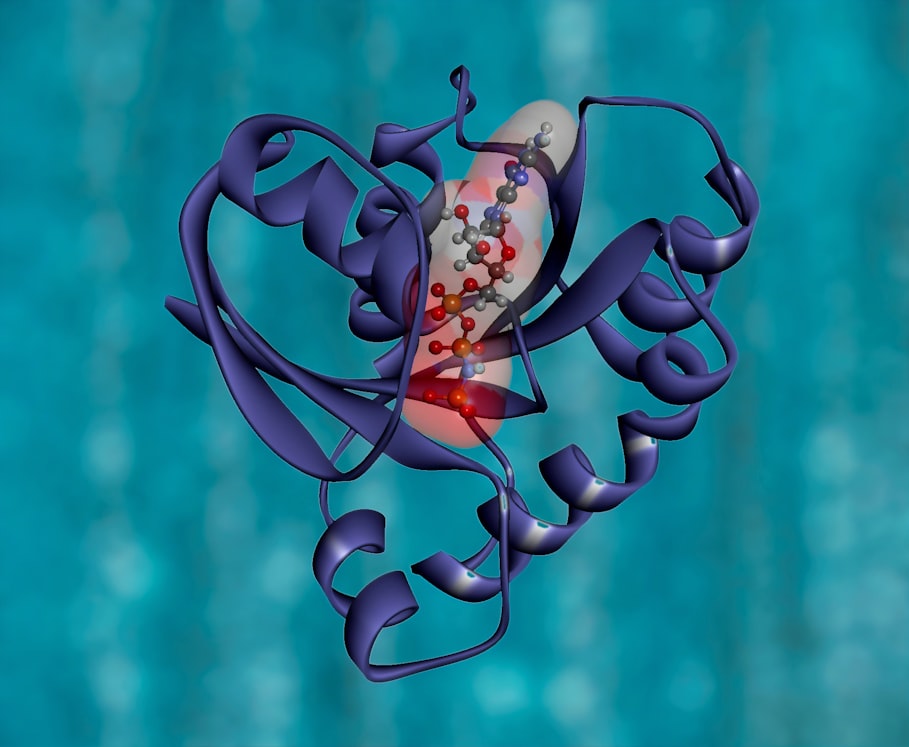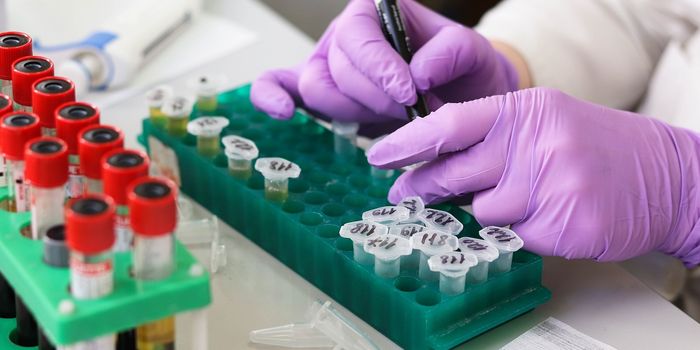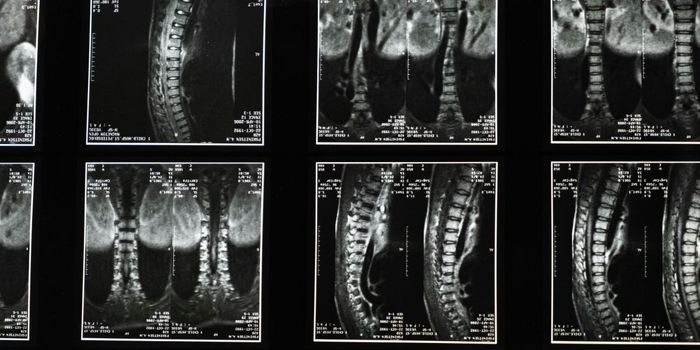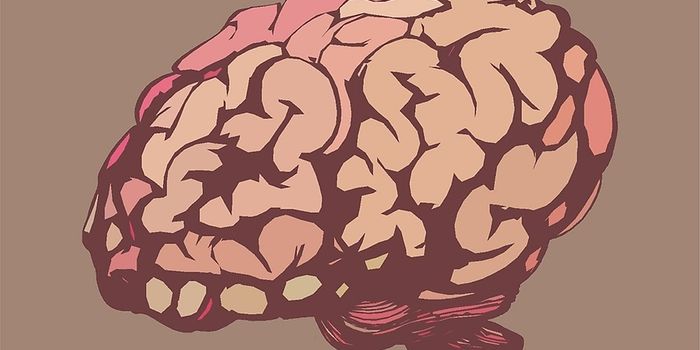How Can Genetic Data Make Informed Decisions About Drug Development?
How Can Genetic Data Make Informed Decisions About Drug Development?
Scientists at the Integrative Epidemiology Unit (MRC-IEU) at the University of Bristol created an innovative study involving the genetic analysis of blood protein levels. The study can help support drug target prioritization.
"This study lays a solid methodological foundation for future genetic studies of omics. The next step is for the analytical protocol to be used in early drug target validation pipeline by the study's pharmaceutical collaborators. We hope that these findings will support further drug development? to increase the success rate of drug trials, reduce drug cost and benefit patients," says Dr. Jie Zheng, lead author of the study. "This analysis pipeline could be used to validate both efficacy and potential adverse effects of novel drug targets, as well as provide evidence to repurpose existing drugs to other indications.”
Current genetic studies of proteins are in their infancy and the present research opens the doors to genetic predictions that prioritize drug targets.
Learn more about the role of genetics in drug development:
Genetic studies of proteins are in their infancy. The aim of this research, published in Nature Genetics, Findings were published in Nature Genetics and discusses how estimating the effects of proteins on human diseases can be used to make informed decisions on the effects of drugs that target those proteins.
Tom Gaunt, Professor of Health and Biomedical Informatics, University of Bristol, and a member of the NIHR Bristol Biomedical Research Centre, notes: "Our study used publicly available data published by many researchers around the world (collated by the MRC-IEU OpenGWAS database), and really demonstrates the potential of open data sharing in enabling novel discoveries in health research. We have demonstrated that this re-use of existing data offers an efficient approach to reducing drug development costs with anticipated benefits for health and society.
Source: Science Daily









